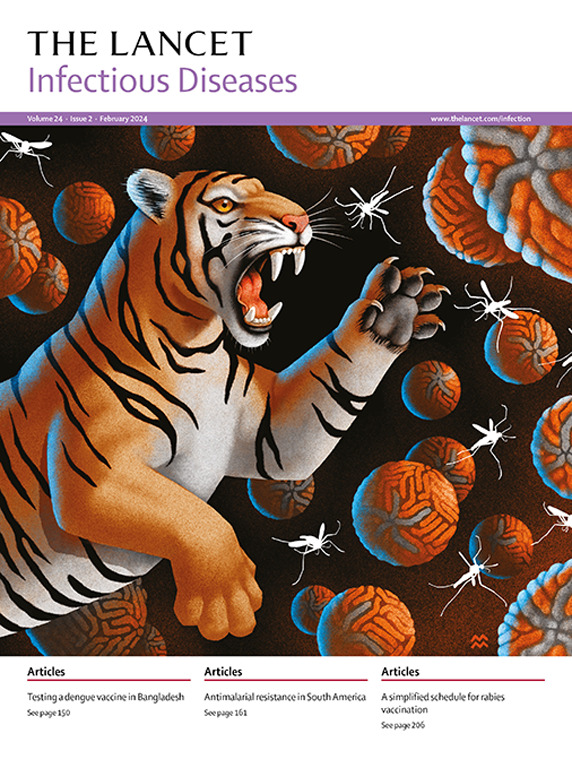Global guideline for the diagnosis and management of candidiasis: an initiative of the ECMM in cooperation with ISHAM and ASM
IF 36.4
1区 医学
Q1 INFECTIOUS DISEASES
引用次数: 0
Abstract
Candida species are the predominant cause of fungal infections in patients treated in hospital, contributing substantially to morbidity and mortality. Candidaemia and other forms of invasive candidiasis primarily affect patients who are immunocompromised or critically ill. In contrast, mucocutaneous forms of candidiasis, such as oral thrush and vulvovaginal candidiasis, can occur in otherwise healthy individuals. Although mucocutaneous candidiasis is generally not life-threatening, it can cause considerable discomfort, recurrent infections, and complications, particularly in patients with underlying conditions such as diabetes or in those taking immunosuppressive therapies. The rise of difficult-to-treat Candida infections is driven by new host factors and antifungal resistance. Pathogens, such as Candida auris (Candidozyma auris) and fluconazole-resistant Candida parapsilosis, pose serious global health risks. Recent taxonomic revisions have reclassified several Candida spp, potentially causing confusion in clinical practice. Current management guidelines are limited in scope, with poor coverage of emerging pathogens and new treatment options. In this Review, we provide updated recommendations for managing Candida infections, with detailed evidence summaries available in the appendix.求助全文
约1分钟内获得全文
求助全文
来源期刊

Lancet Infectious Diseases
医学-传染病学
CiteScore
60.90
自引率
0.70%
发文量
1064
审稿时长
6-12 weeks
期刊介绍:
The Lancet Infectious Diseases was launched in August, 2001, and is a lively monthly journal of original research, review, opinion, and news covering international issues relevant to clinical infectious diseases specialists worldwide.The infectious diseases journal aims to be a world-leading publication, featuring original research that advocates change or sheds light on clinical practices related to infectious diseases. The journal prioritizes articles with the potential to impact clinical practice or influence perspectives. Content covers a wide range of topics, including anti-infective therapy and immunization, bacterial, viral, fungal, and parasitic infections, emerging infectious diseases, HIV/AIDS, malaria, tuberculosis, mycobacterial infections, infection control, infectious diseases epidemiology, neglected tropical diseases, and travel medicine. Informative reviews on any subject linked to infectious diseases and human health are also welcomed.
 求助内容:
求助内容: 应助结果提醒方式:
应助结果提醒方式:


